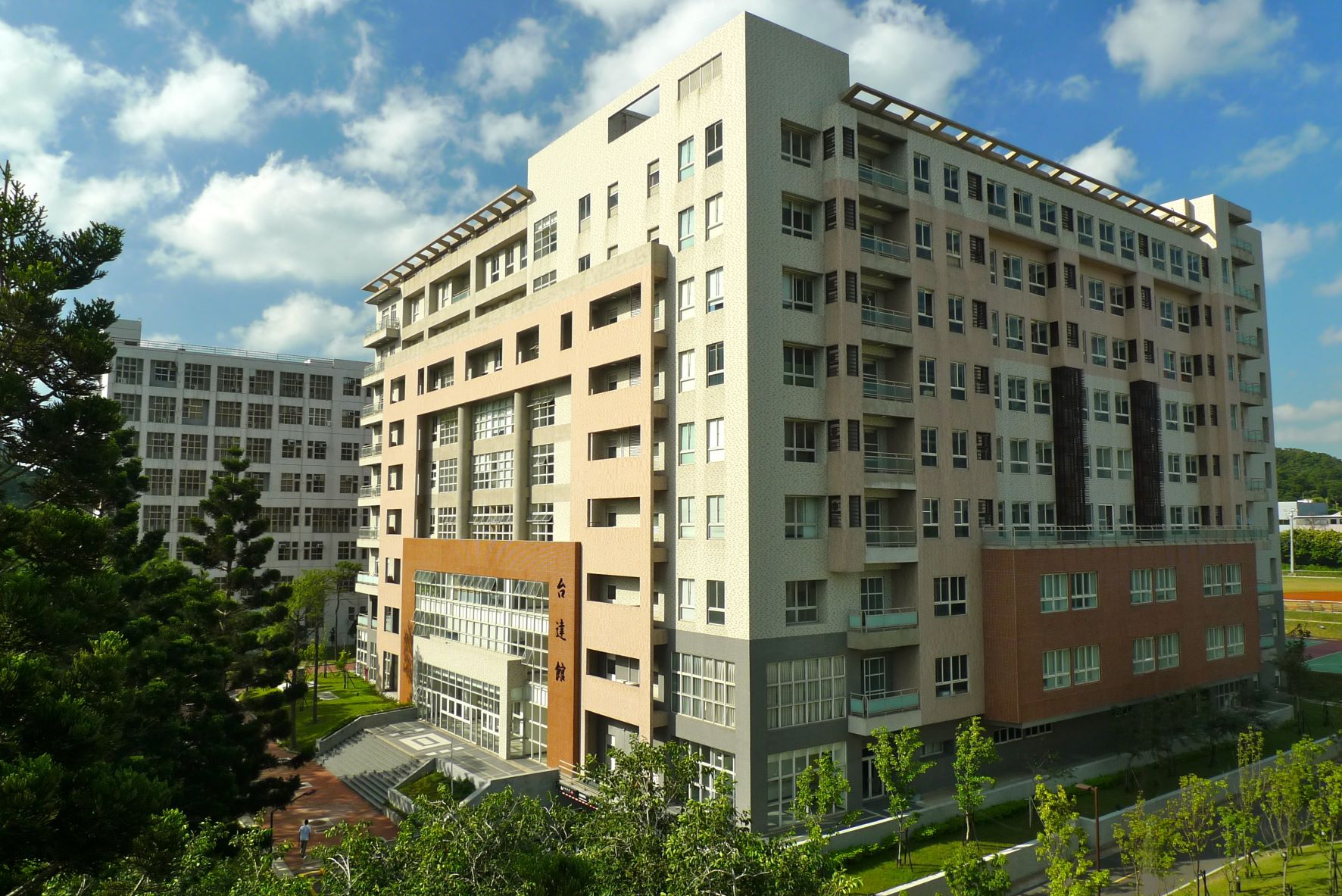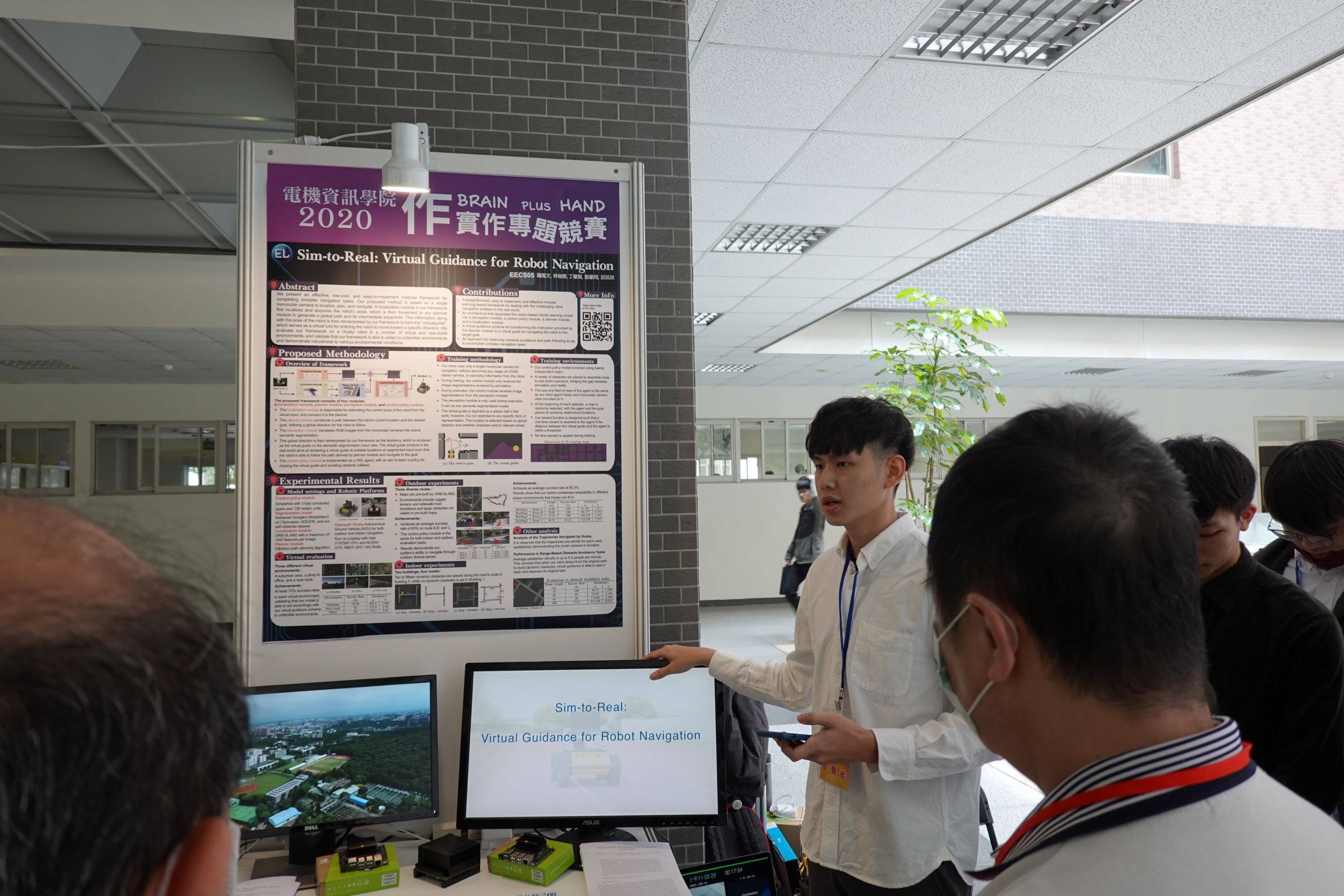Abstract
Features of the BEST Project of College of Electrical Engineering and Computer Science
Balance in EMI Course and Research Development
Considering NTHU as a world-class university in academic and research development, the College of Electrical Engineering and Computer Science (EECS) develops the BEST Project in a balanced manner without affecting teachers' academic development and students' learning rights. Since the English proficiency of the teachers and students at the EECS college is generally above CEFR B2 (some even reach CEFR C1 level), teaching in English was already an existing practice before the implementation of this plan. EECS College, therefore, has inherent advantages in executing the plan.
Diverse Environment
Beginning from the 2021 academic year, it is estimated that about 25 to 40 international students will be diverted from the International Bachelor Degree Program to the second year of the College of EECS each year. Although the number of students may not be comparable with the local students, a diverse environment is formed. We aim to promote the effectiveness of the bilingual program by bringing international and local students together.
Highlights of the Executive Results 2021-2022
Administration and Course
EMI Course Progressively Arranged
- The Department of Electrical Engineering (EE), the Department of Computer Science (CS), and the Interdisciplinary Program of Electrical Engineering and Computer Science (EECS) offer at least one class in Chinese and English each for required courses. Students have the option to choose with their preference. 60% of the EE professors and all new CS professors offer at least one EMI course. Each department increases required/elective EMI courses as much as possible. As of the spring semester of the 2021/2022 academic year, about 4.0% of English-taught courses were newly delivered in the undergraduate programs combined.
- During the 2021/2022 academic year, various departments and institutes within the EECS College held at least 16 English-speaking seminars, with a total of about 1,185 participants. Invited speakers include alumni who work for international companies, such as Google, Microsoft, Apple Inc, and Micron Tech. The seminars were not only open to M.S. students but also to anyone with the information. Undergraduates of the Department of Electrical Engineering are requested to attend at least once throughout their study in the program.
Open Course Ware (OCW) and Information to the Public
In the many OCW and MOOC courses offered by EECS professors, there are five English OCWs, including Electromagnetism, Ultrafast Optics, Discrete Mathematics, and Advanced Discrete Structures, which are displayed on the website for the general public. (https://eecs.site.nthu.edu.tw/p/404-1005-228150.php?Lang=zh-tw) The departments and institutes of EECS College have supported the websites and its functional system in English so as to provide sufficient information for students in need.
Teachers and Teaching Support
Teaching Support
- In order to encourage teachers to deliver EMI courses, we have formulated incentives. If the number of participants reaches the set standard, the professors and the teaching assistants of the course will be given subsidies accordingly. In the 2021/2022 academic year, 54 teachers provided 87 EMI courses/90 classes.
- EECS College collaborates with the Center for Teaching and Learning Development to encourage teachers to participate in EMI-related trainings and workshops. At the end of June 2022, about 18 teachers participated in related activities online and offline. About 20 teaching assistants participated in the TA training camp. We expect the effect will spread gradually.
- The EMI Experience Sharing and Demonstration Session was held at the end of July, which gathered the EMI seed teachers from various colleges with about 20 participants. In August, September, and October, we also held Effective Learning Sessions for EECS college students to enhance student's learning and awareness of EMI courses.
- At the same time, the Department of EE recruited four faculty members and the Department of CS recruited one to support the programs.
Class Observation
EECS professors delivered the course in English bout 90% to 100% of the time, and about 73% of the students responded in English. In order to ensure the effectiveness of students’ learning in the classroom, Chinese is used as necessary to allow students fully understand the content and effectively generate constructive ideas. Observers have noticed that some students might be more willing to speak up in online classes. A few teachers adapted their teaching methods to increase TS/SS interaction. Through interaction, students might strengthen their critical thinking, in-depth analysis, and organizational skills.
Teaching Evaluation
According to the teaching evaluation in the 2021/2022 academic year, most EECS students believed that the EECS teachers were very helpful in EMI or English-taught courses. The score of 4.1 was higher than the university average. Although there was still room for getting used to the EMI environment, students also agreed that the teachers used English throughout the whole class, which was 2-6% higher than the entire university.
Learning and Student Support
English Ability Support
In order to improve the effectiveness of the EMI courses, students were encouraged to study English and obtain English ability certificates. The College of EECS provides incentives such as "Subsidies for Students Participating in English Learning Courses" and "Subsidies for Students Participating in English Test Fees." After the announcement in the Spring semester of the 2021/2022 academic year, about 85% of applicants met the CEFR B2 standard. At least 16 EECS students also participated in the on-campus TOEIC in March, and 14 EECS students who had reached the CEFR B2 level applied for university-level grants. The grants were not repeated.
International Students Bring in Benefits
Since the Spring semester of the 2021/2022 academic year, a group of international students from the newly established Division of Global Students of Interdisciplinary Program of EECS have joined the College of EECS. The class observation has shown that international students invigorate classroom interaction. More activities are being developed currently. We hope that diversity in the student body will shape a diverse learning environment within the College of EECS.

